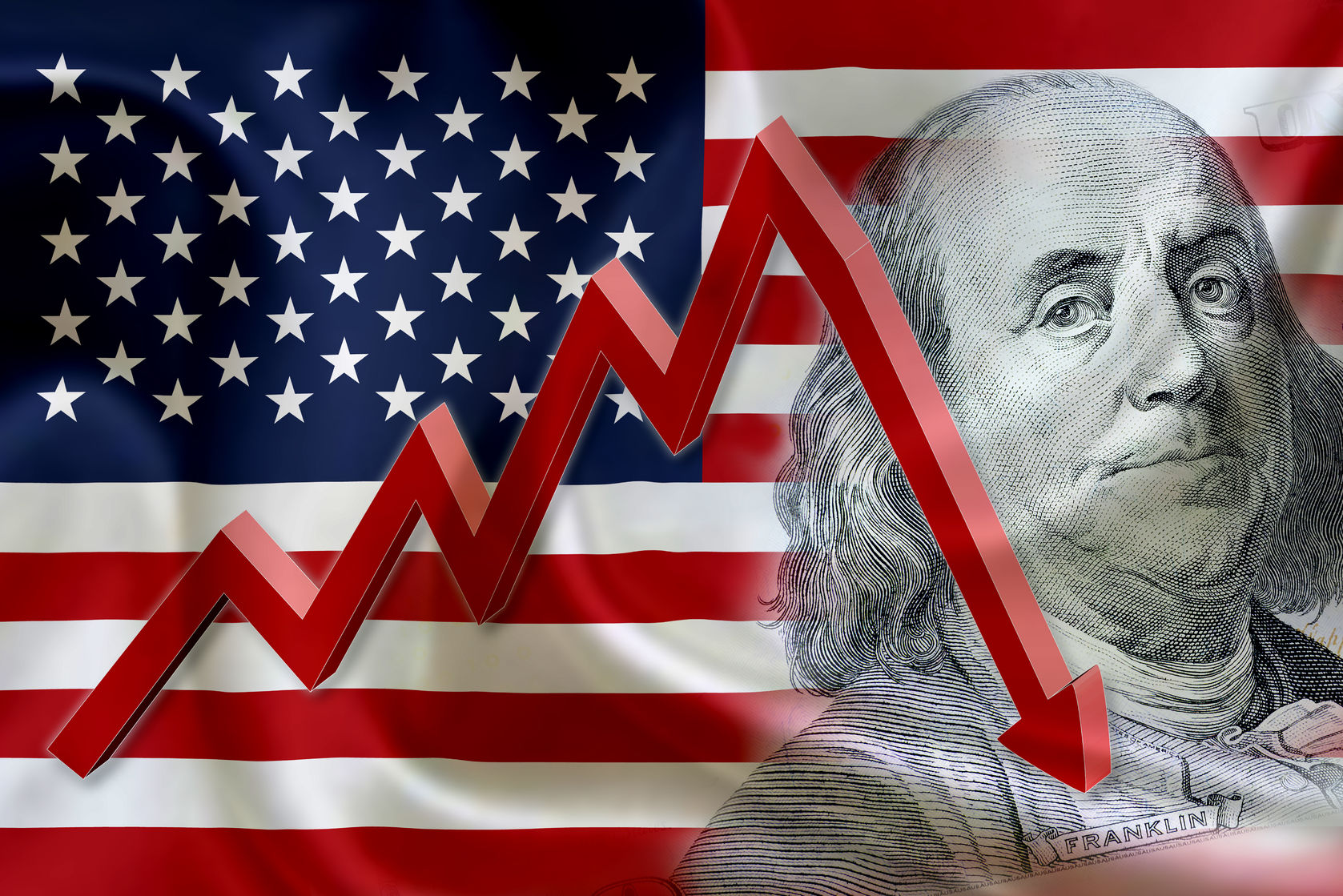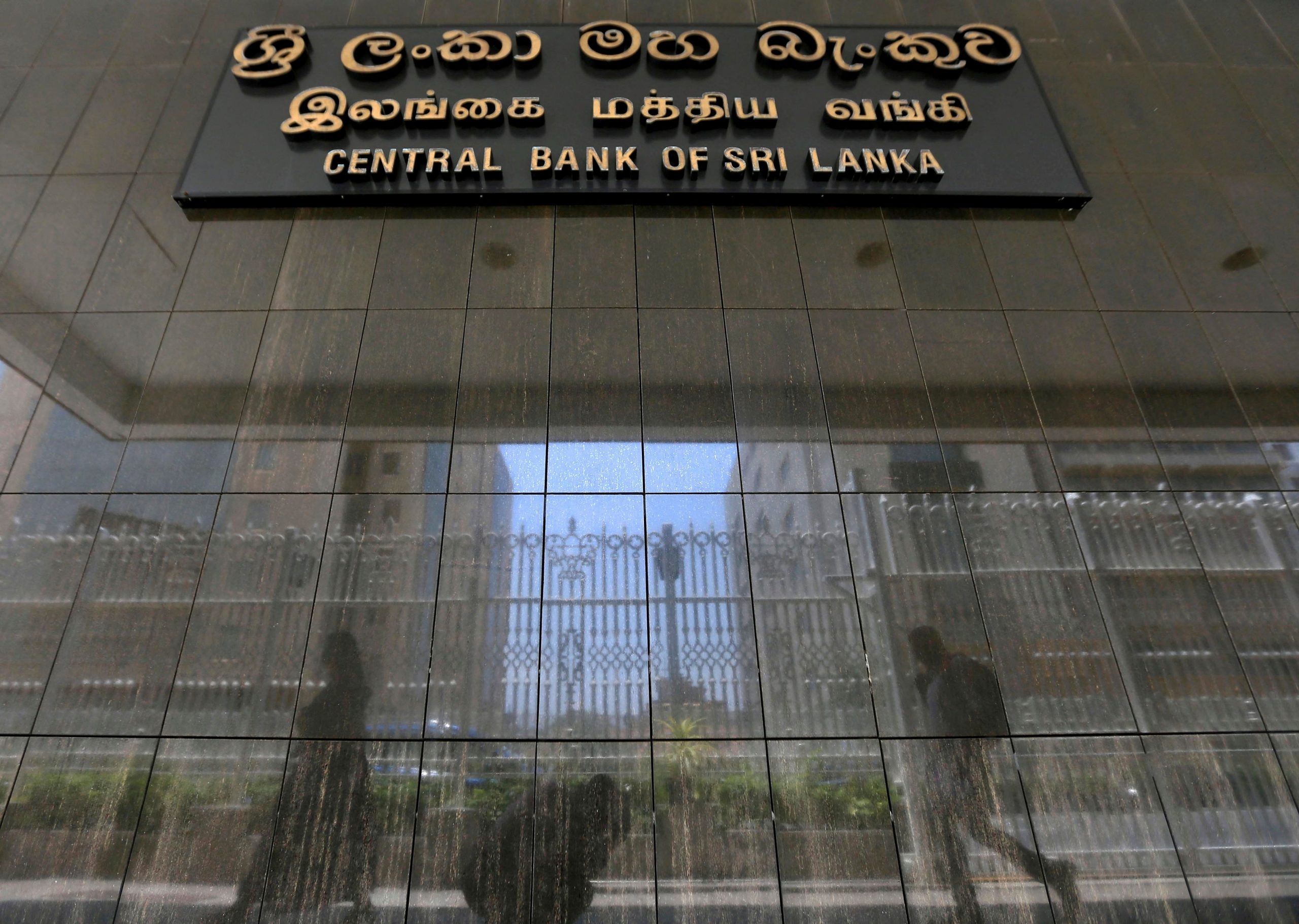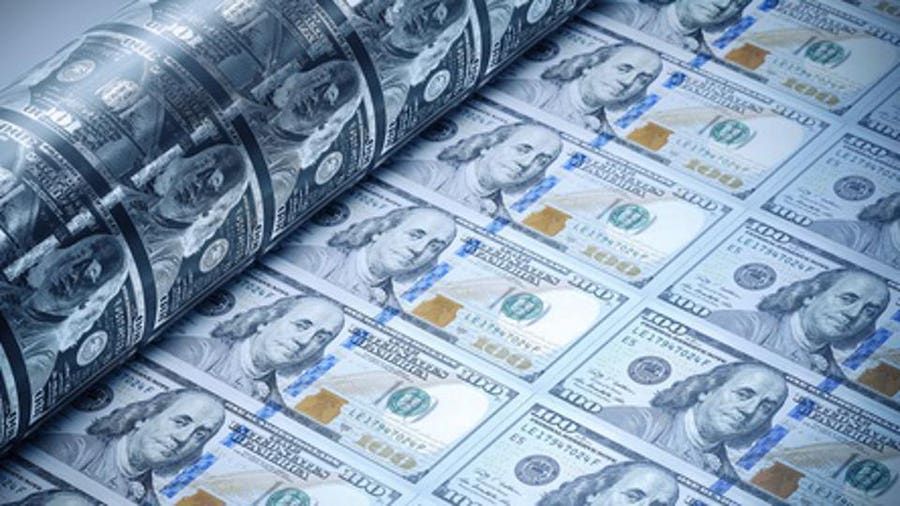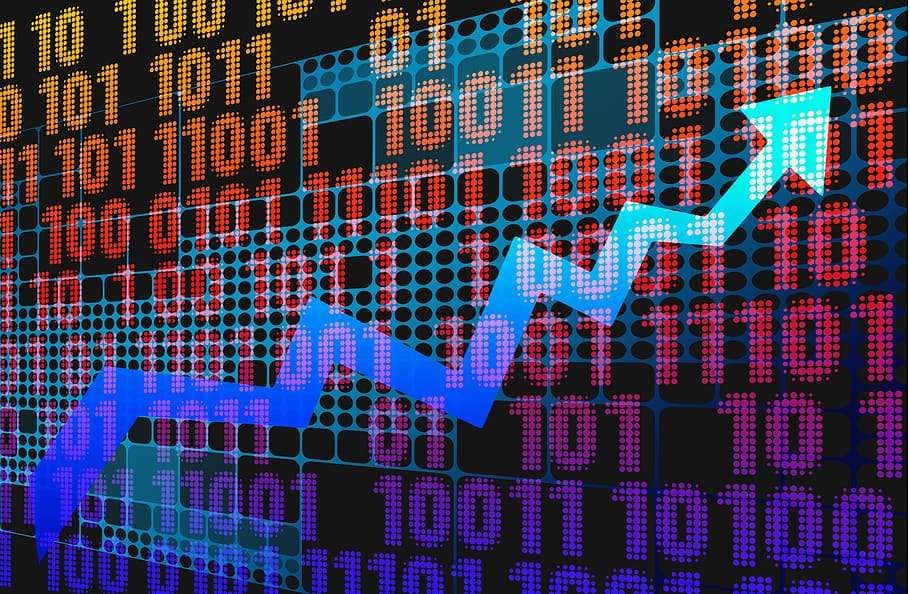Inflation pressures continue to affect the US economy, even as the annual rise in headline prices slows down to its least rate since April 2021, according to recent data.
The Bureau of Labor Statistics (BLS) released new data on Wednesday morning, revealing that the Consumer Price Index (CPI) showed a 0.4% increase in headline inflation from the previous month, and a 4.9% increase over the past year. The March prices showed a 0.1% monthly increase and a 5% year-on-year increase.
Economists, referencing Bloomberg data, had anticipated a 0.4% monthly increase for April and a 5% annual increase. Despite falling slightly short of these expectations, the 4.9% annual rise continues to significantly surpass the Federal Reserve’s 2% target.
When considering ‘core’ inflation, which excludes the volatile costs of food and gas, prices in March rose by 0.4% from the previous month and 5.5% from last year. This data aligns with economists’ expectations, as per Bloomberg.
Last month, core inflation remained notably high due to soaring rent prices. The BLS reported that the indices for rent and owners’ equivalent rent increased by 0.6% and 0.5% respectively. Furthermore, the shelter index rose by 8.1% over the past year, contributing over 60% to the total increase in core inflation.
The energy index decreased by 5.1% for the 12 months ending in April, while the food index saw a 7.7% increase. Despite the annual decrease, the energy index experienced a 0.6% month-on-month increase, primarily due to a 3% rise in gas prices.
On the other hand, fuel oil prices fell by 4.5% from the previous month, and gas prices dropped by 12.2% on an annual basis.
In a small respite, food costs remained unchanged in April, with the food at home index falling by 0.2%. Notably, egg prices fell by 1.5% after a 10.9% drop in March.
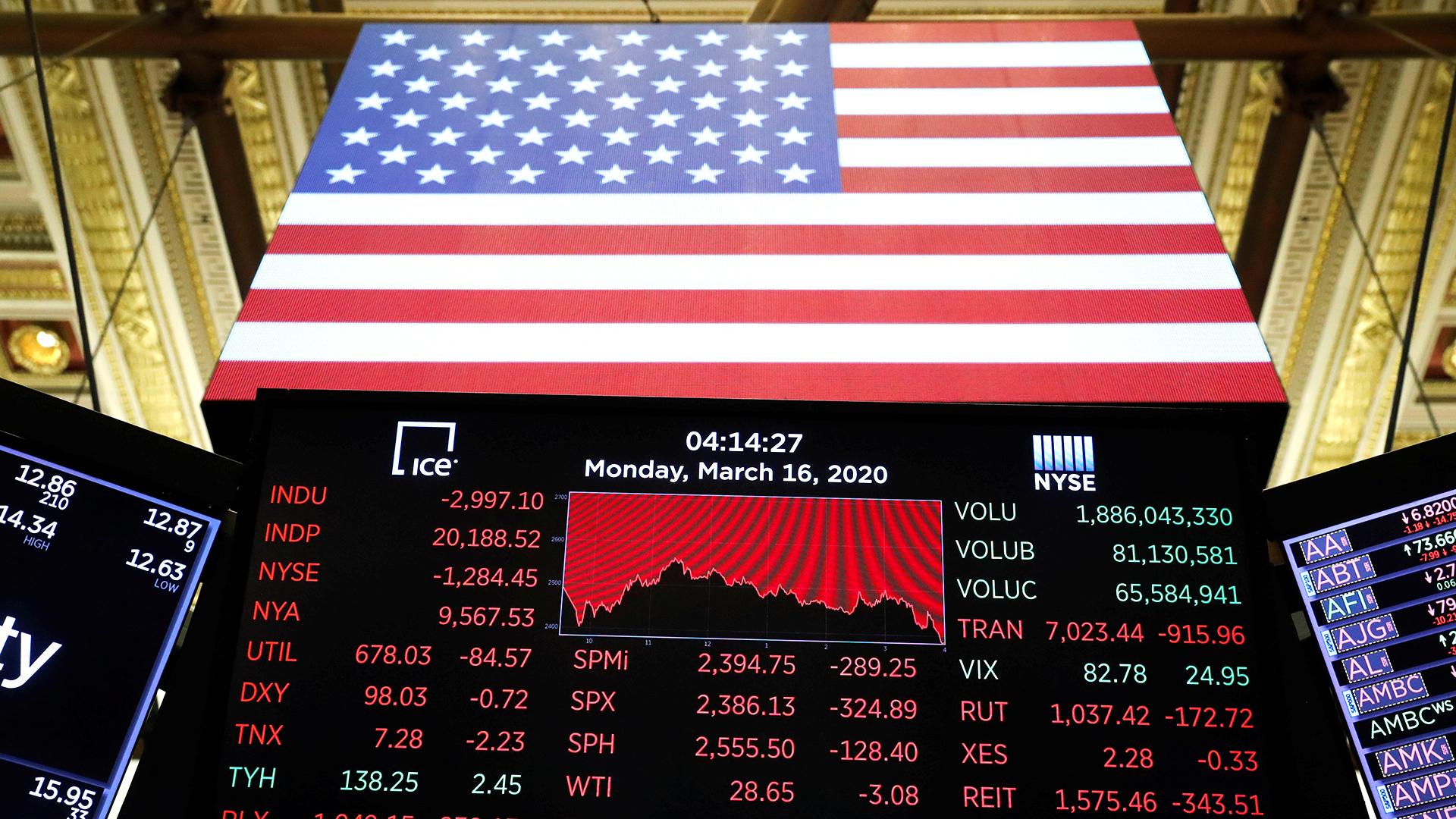
The release of this data led to a slight increase in U.S. stocks in pre-market trading. Treasury yields fell about 6 basis points to approximately 3.46%. The Federal Reserve has been raising interest rates to manage inflation, although this strategy poses the risk of triggering a recession if rates are increased too quickly.
The recent data may influence the Fed’s decision to pause interest rate hikes, as it pledged to evaluate the incoming data before its next meeting in June.
Seema Shah, Chief Global Strategist at Principal Asset Management, commented on the situation, stating that “in light of the strong April jobs report, the Fed will be comforted by the [CPI] number and it reinforces the Fed’s policy slant towards a pause.”
©traders-news.online






